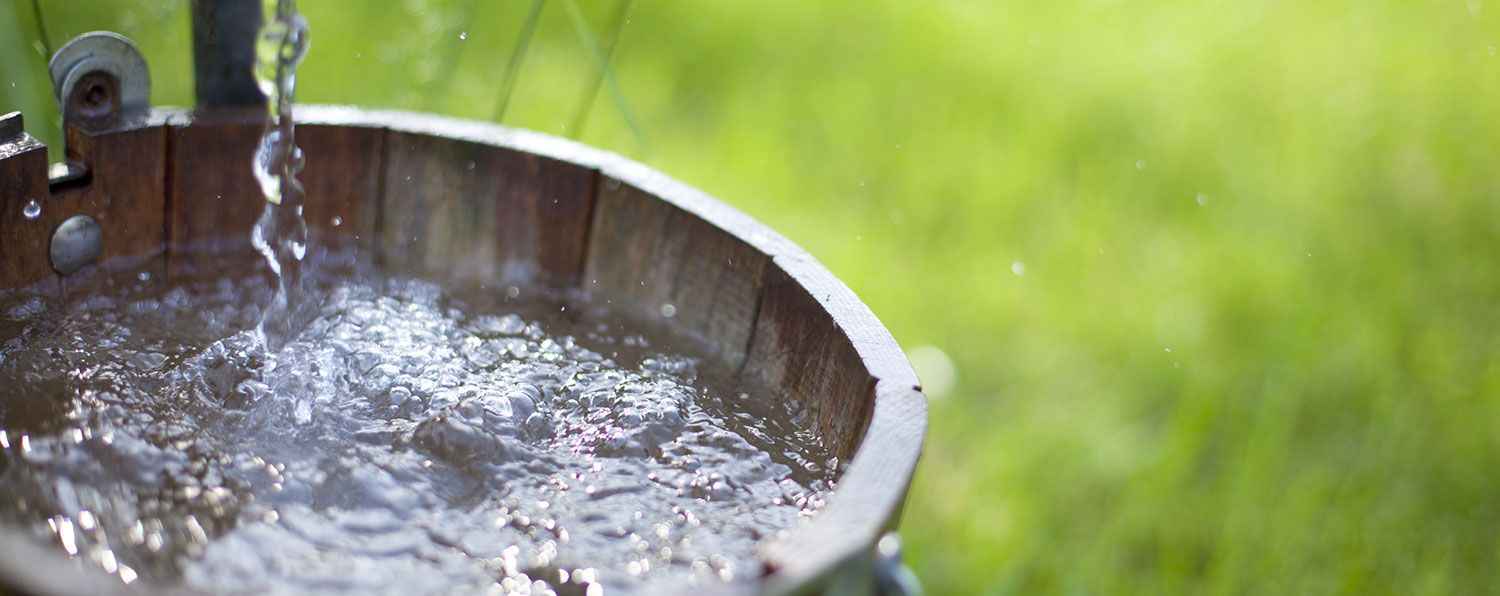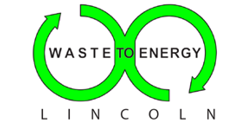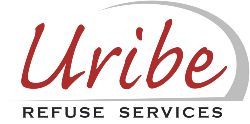WHY IS IT IMPORTANT TO TAKE CARE OF YOUR SEPTIC TANK?
Unfortunately, in far too many cases, septic systems are installed and largely forgotten – until problems arise.
Malfunctioning septic systems release bacteria, viruses, and chemicals toxic to local waterways. When these pollutants are released into the ground, they eventually enter streams, rivers, lakes, and more, harming local ecosystems. Household wastewater is loaded with disease-causing bacteria and viruses, as well as high levels of nitrogen and phosphorus.
Regular maintenance fees of $200 to $300 every three to four years is a bargain compared to the cost of repairing or replacing a malfunctioning system, which can cost between $3,000 and $7,000 for a conventional system.
HOW OFTEN SHOULD A SEPTIC TANK BE PUMPED?
Factors that influence the frequency of septic pumping are household size, wastewater generated, and septic tank size. Typically household septic tanks are pumped every 3-4 years.
Join our free reminder program! When we come out to pump your septic tank we'll help determine what the best frequency is for your septic and set you up with our reminder program where you'll receive a postcard reminder when it's time!
FOLLOW THESE DOS AND DON'TS!
- Do not flush cigarettes, diapers, feminine hygiene products, paper toweling, facial tissue, or “wipes.” They may not break down readily and will contribute to the scum or sludge layers. Dispose of these items with other solid waste.
- Do not overuse the garbage disposal. It grinds up food products that settle out in the tank, adding considerably to the sludge buildup and the amount of organic matter that needs treatment.
- Do not put grease or oils down the drain. Grease and oils from cooking, frying, and skin lotions increase the scum layer in the septic tank.
- Do use liquid detergents instead of powdered detergents. Powdered detergents have “fillers” in them that add to the sludge layer.
- Do Use toilet tissue that breaks down rapidly. Test by placing a tissue sample in a jar of water, covering the jar opening, and shaking vigorously. The toilet paper should fall apart rapidly when the jar is shaken.
- Do not dump unwanted pesticides such as herbicides, fungicides, or insecticides down the drain.
- Do not dump paints, thinners, or solvents down the drain.
- Do not dump excess medications down the drain.
- Do not overuse cleaning products, including bleach and drain cleaners, and do not dump excess cleaning products down the drain. A septic system can handle typical amounts used for routine cleaning, as well as normal-use amounts of anti-bacterial soaps.
- Do not use automatic toilet cleaning dispensers that release bleach with every flush. This can reduce populations of bacteria in the septic tank that break down waste.




